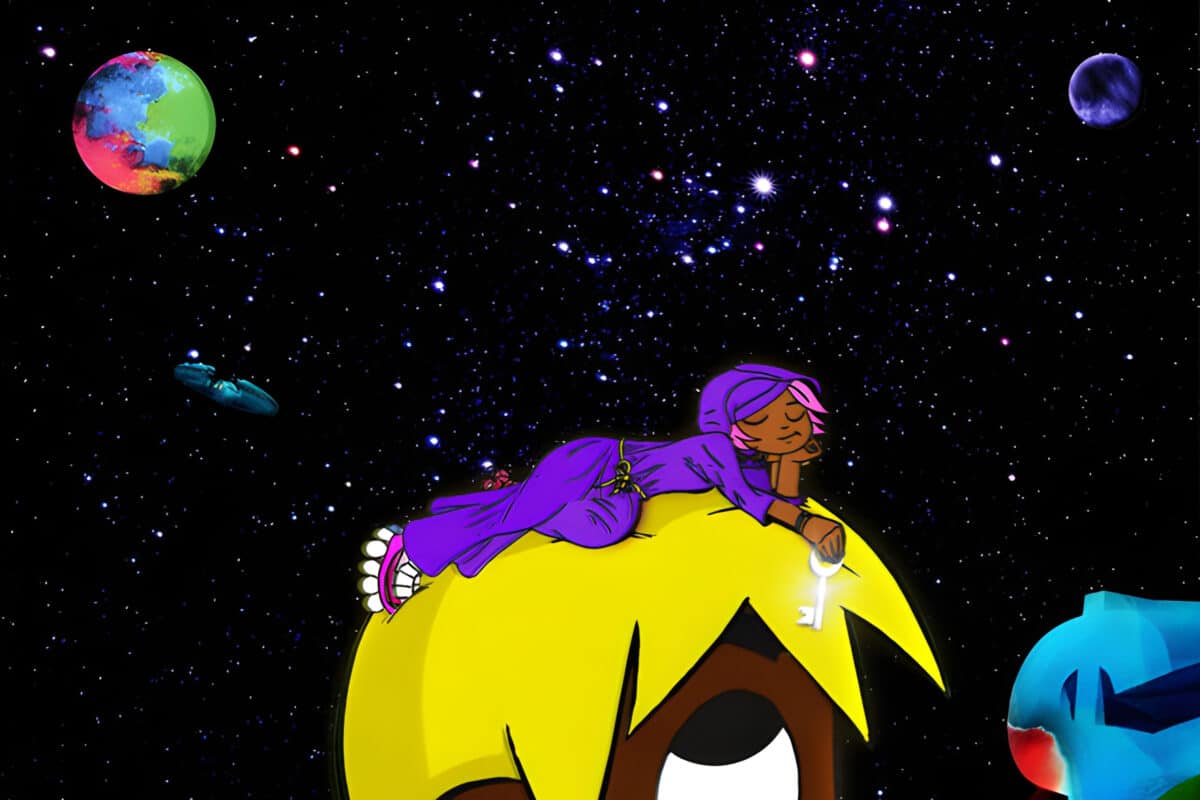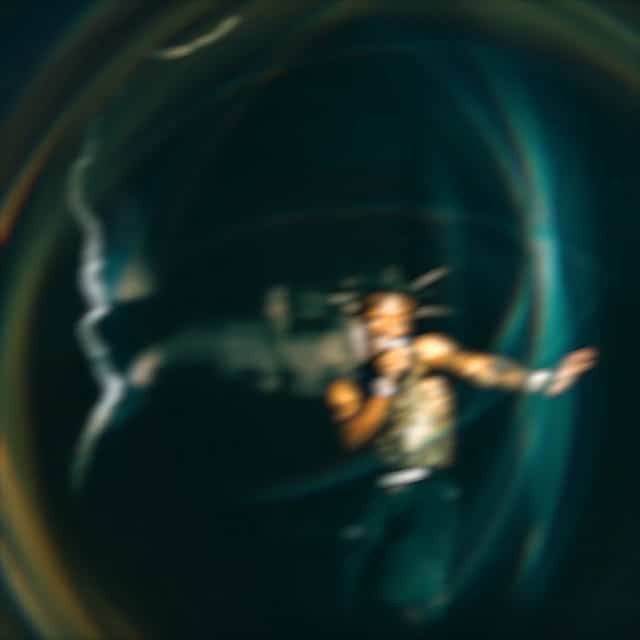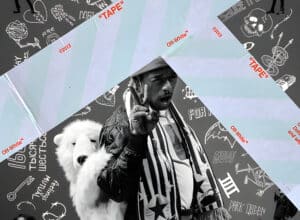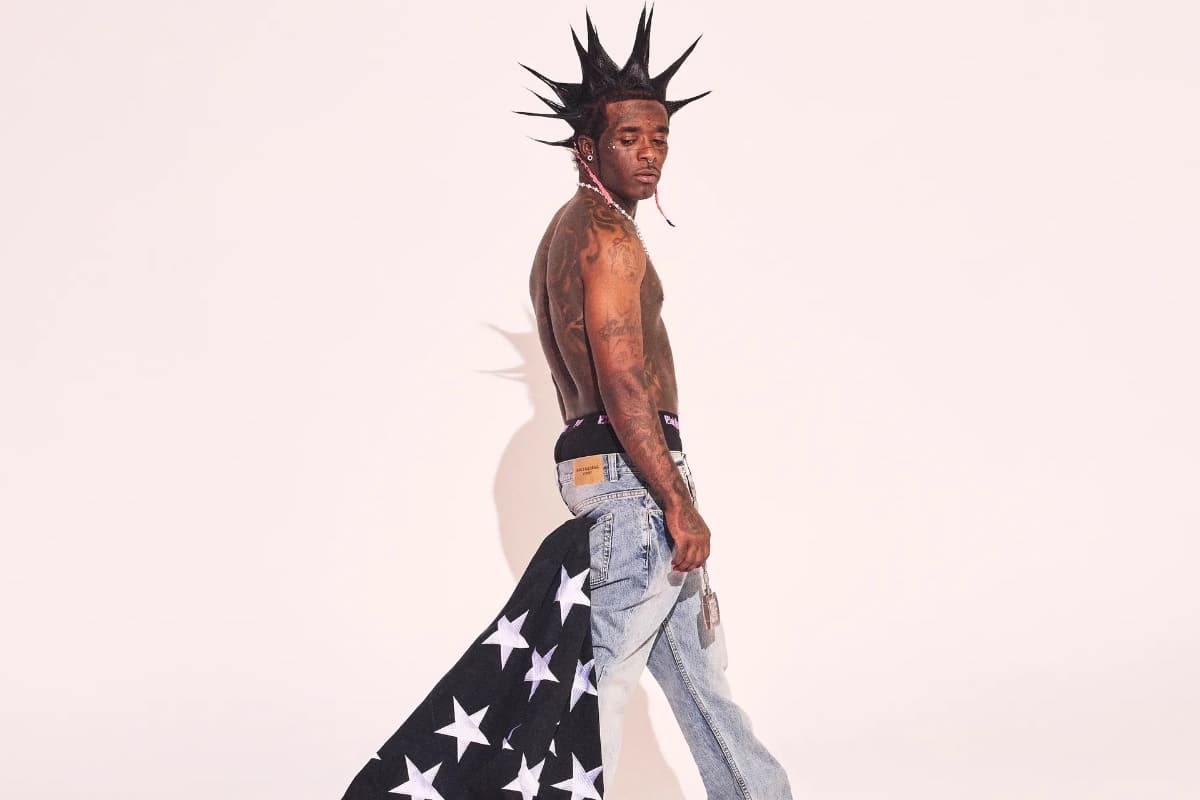Released: 2020
Lil Uzi Vert’s song “I Can Show You” blends braggadocious lyricism with rich imagery to create a vivid depiction of wealth, lifestyle, and the often duplicitous nature of people around him. In the song, Lil Uzi addresses his status and taste, expressing a world of material excess contrasted with a cautionary note on those who attempt to deceive him. His unique flair for integrating contemporary culture references underscores his personal brand and vision.
The track kicks off with a casual acknowledgment of the challenges of life with “Uh, I’m working on dying” which could suggest existential contemplation or simply dealing with the day-to-day grind. Following this, he instructs listeners to “let me know, let it go,” encouraging a carefree, let-it-be attitude amidst whatever personal or external conflicts one may face. The metaphor “I might move like a cobra, but I’m far from a snake” cleverly establishes Uzi as someone shrewd and cautious, but not deceptive, playing on the snake’s dual symbolic meaning in culture as both wise and sly.
Uzi proclaims his penchant for “living in the moment” and having an “expensive taste.” This not only emphasizes his financial status but his ethos of seizing life’s opportunities and indulging in luxury without regret. His references to wealth come up consistently as he mentions others’ deceit, specifically those trying to “lie for the money”. Uzi counters this deceit by underscoring his success and dismissing attempts to undercut his lifestyle, as evidenced by lines like “Know that girl want my cake”—with ‘cake’ being a colloquial term for money or wealth.
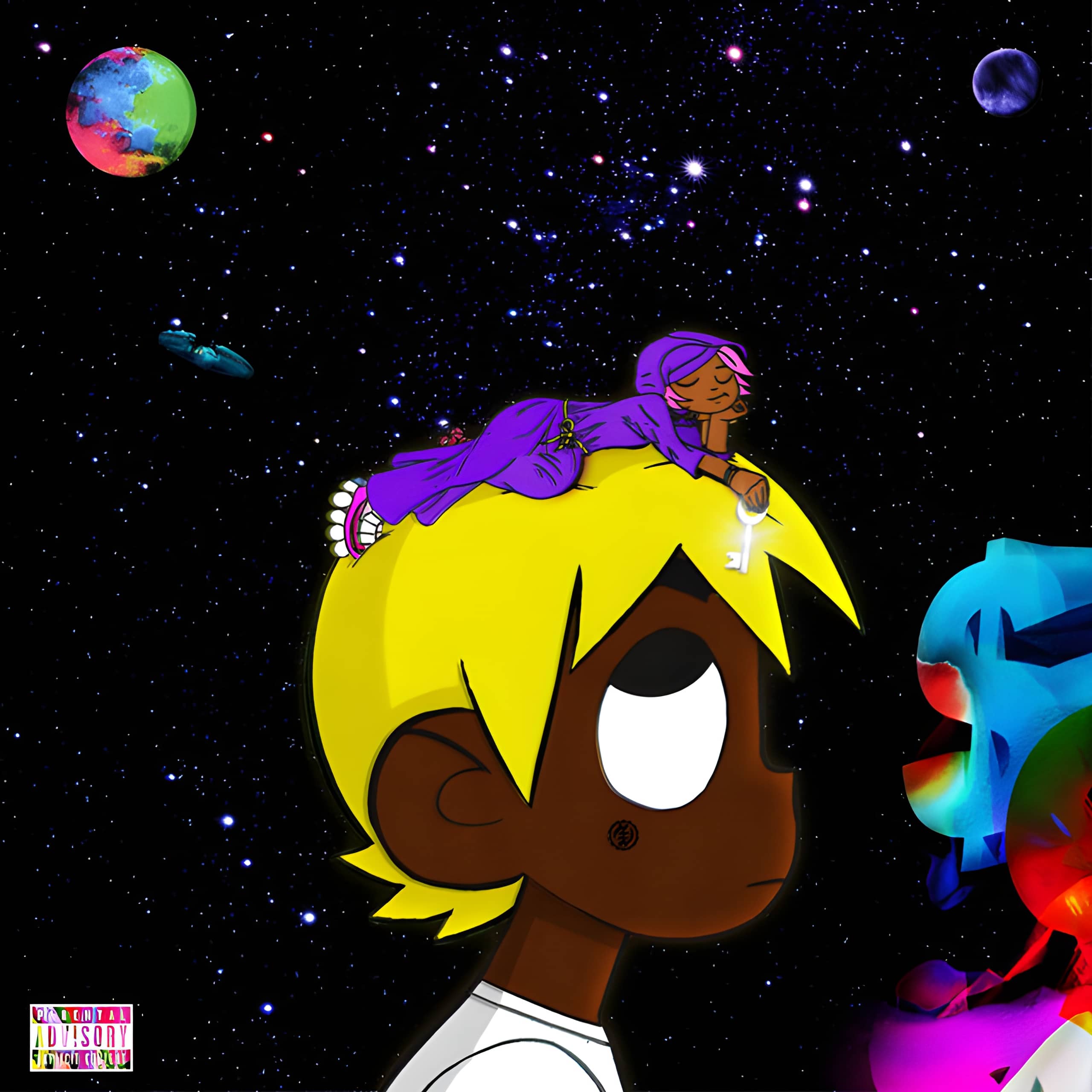
His line “My chain straight from the ocean, your chain straight from the lake” cleverly differentiates the authenticity and scale of his success and riches compared to others. In essence, ocean trumps lake, portraying an exaggerated gap between his opulence and that of his critics or imitators. Continuing the sports metaphors with “Slam on her, O’Neal,” Uzi likens his bold actions to those of Shaquille O’Neal, famous for his slam dunks, hinting at both physical and metaphorical dominance.
The imagery of “diamonds, they teal, white gold, but your chain steel” paints a vibrant picture of affluence. Here, Uzi is not just flaunting his wealth; he’s belittling others who settle for less, utilizing teal as a descriptor to invoke rarity and richness against the more pedestrian ‘steel.’ He accentuates his riches by likening his wealth accumulation to Neil Armstrong’s lunar landing, with “Armstrong on the money like Neil,” symbolizing not just affluence but groundbreaking success.
“Red stripes when I lift my shoe, Red bottom on the bottom of her heel” shifts to a focus on high-end fashion, indicating status through coveted brands like Christian Louboutin, whose shoes are distinguished by their red soles. This ties back to the broader theme of his affluence permeating every aspect of life, from cars to vacations, reinforcing his lifestyle’s all-encompassing nature. In saying “take the top off the foreigns, take the top off, now she snorin'” Uzi ties car culture and romance, the ‘foreigns’ being luxury cars, emphasizing living life without limitations.
When Uzi says, “took my redbone on vacay’, now she woke up and she orange,” he speaks to the transformation in his life and the women around him, through luxury experiences. ‘Redbone’ is slang for a light-skinned Black person, here a partner transformed (‘orange’) by a tropical, sunny vacation—reflecting change due to opulence.
Lil Uzi then switches to criticize pretenders who “make it rain” but asserts that he can “make it storm.” While “making it rain” often means throwing money lavishly, “making it storm” indicates an even more dramatic display of wealth and generosity, a hyperbolic take on one-upmanship common in hip-hop’s lyrical traditions.
He transitions to personal indulgences and fiscal attitudes: “None of these bitches I chase, bitch, I’m addicted to Chase,” plays on ‘chase’ as in pursuit but also the Chase Bank, aligning personal desires with monetary accumulation. With money “stack up in my safe” to the point of it “ain’t safe,” Uzi equates risk and success—emphasizing that immense wealth, while desirable, brings its own challenges and dangers.
In the final notes, Uzi wraps back around to the recurring cobra metaphor—careful, deliberate moves—but without treachery, underscoring a persistent, almost meditative adherence to seizing the present with “live in the moment.” Uzi encapsulates a glamorous lifestyle intertwined with challenges, where genuine intent triumphs over falsity, rich in the symbolism of overcoming, excess, and the ephemeral thrill of it all.
